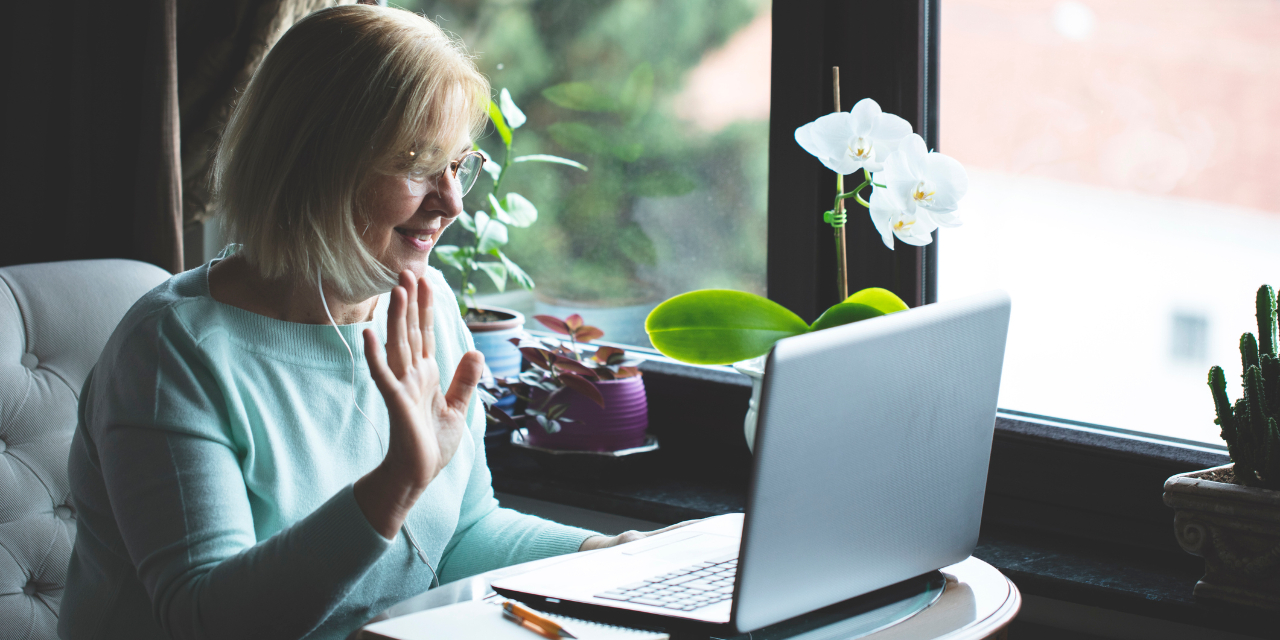The University of Alberta launched an online survey to learn more about how Canadians are communicating with family and friends in response to COVID-19.
As video chats, texting, phone calls and virtual events have become the "new normal," U of A speech-language pathologist and researcher Andrea MacLeod is looking at what it means for people's health and well-being.
"We want to know which tools people are using to communicate (telephone, video chats, texting), which languages they are using, how satisfied they are with these interactions and how they are coping," said MacLeod, chair of communication sciences and disorders in the Faculty of Rehabilitation Medicine.
She said COVID-19 has drastically changed daily communication patterns, forcing people to put aside in-person communication.
"I've observed that we are also reaching out more to one another to check in, to find comfort and to reassure one another," said MacLeod.
By learning more about how people are communicating in this context, MacLeod and her team hope to provide suggestions to speech-language pathologists and health-care professionals on which communication strategies are most helpful to whom. For example, perhaps older adults are more satisfied with communicating using video chats than over the phone.
"We want to better understand the nuances of communication and language. The tools and context matter more than we think. Strategies that work with grandparents may not work with siblings or friends," she explained.
The public health measures of physical distancing and staying at home were implemented so quickly and suddenly that the changes have felt drastic for many people. MacLeod said she hopes the information from the survey can shed light on how to find communication strategies that are mutually beneficial.
Early responses suggest that using different ways to communicate is associated with higher satisfaction.
"I think most of us have been communicating in ways that are 'comfortable or works for me,' but not thinking of how to make the communication comfortable or work for the other person."
She pointed out that it's more difficult to rely on non-verbal information now-someone who feels exhausted may not answer their phone or may not use a camera during a video chat.
"A key component of coping is being able to find and access resources," MacLeod said. "Communicating is an important way we access resources: being able to reach out, to ask for help and to support one another."
To take the anonymous survey, visit bit.ly/MFLsurveyCOVID
